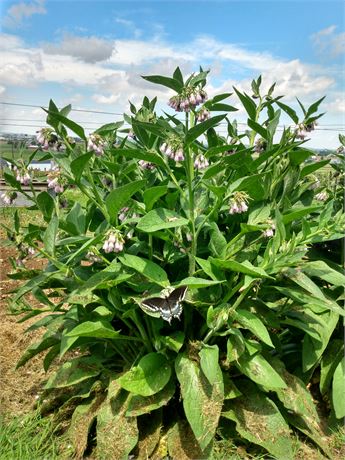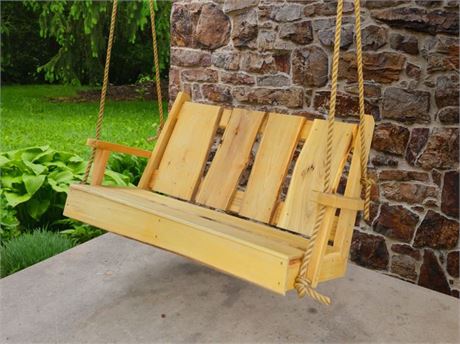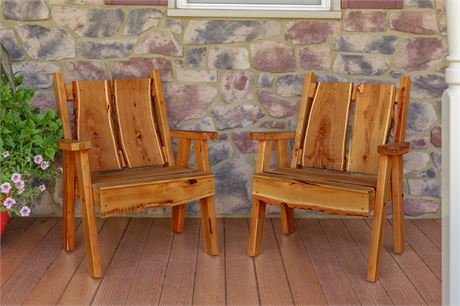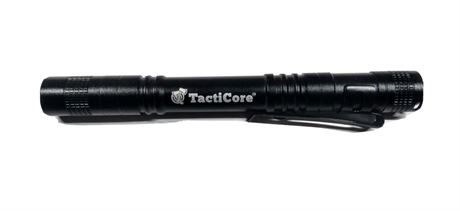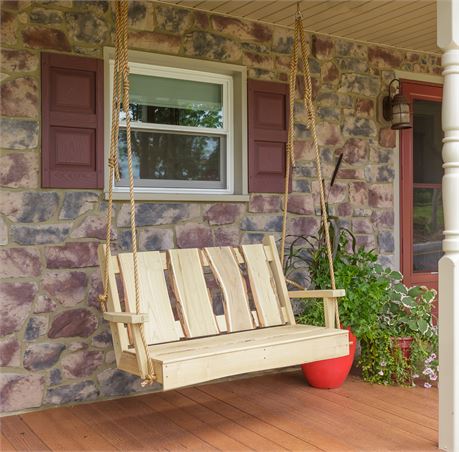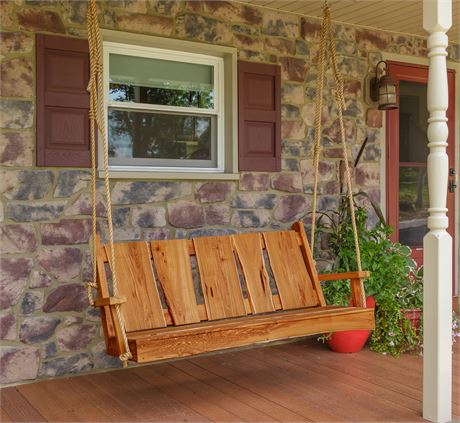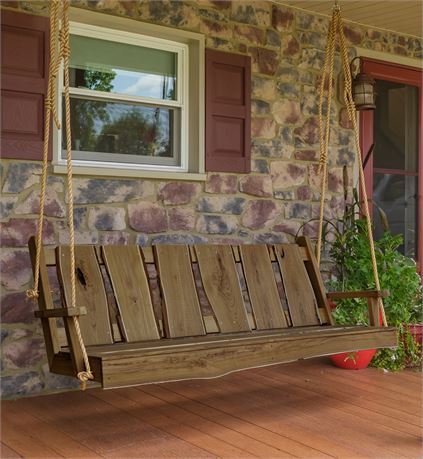We have waived all fees for auctions! If you feature your auction, we will waive that fee as well. If you are interested in selling on Plain Direct auctions send us an email at plaindirect@ropenmail.com. Follow our telegram page at https://t.me/+kQko0avbhjs3NzIx
4' Timberland Porch Swing - Live Edge Locust - Natural, Mushroom or Cedar Stain
Buy Now # Available:
$619.99 # Available: 5
Pair of Timberland Chairs - Live Edge Locust - Natural, Mushroom or Cedar Stain
Buy Now # Available:
$859.99 # Available: 5
TactiCore LED Lightweight Aluminum Flashlight w/ Pocket Clip
Buy Now # Available:
$7.25 # Available: 25
4' Timberland Porch Swing - Live Edge Locust - Unfinished
Buy Now # Available:
$519.99 # Available: 5
5' Timberland Porch Swing - Live Edge Locust - Cedar, Natural, or Mushroom Stain
Buy Now # Available:
$669.99 # Available: 5
6' Timberland Porch Swing - Live Edge Locust - Cedar, Natural, or Mushroom Stain
Buy Now # Available:
$849.99 # Available: 5
